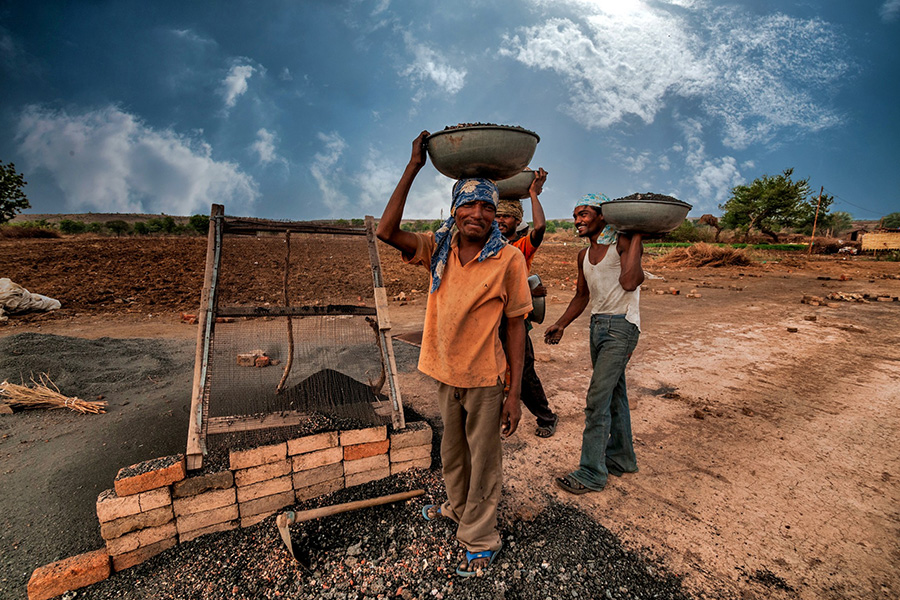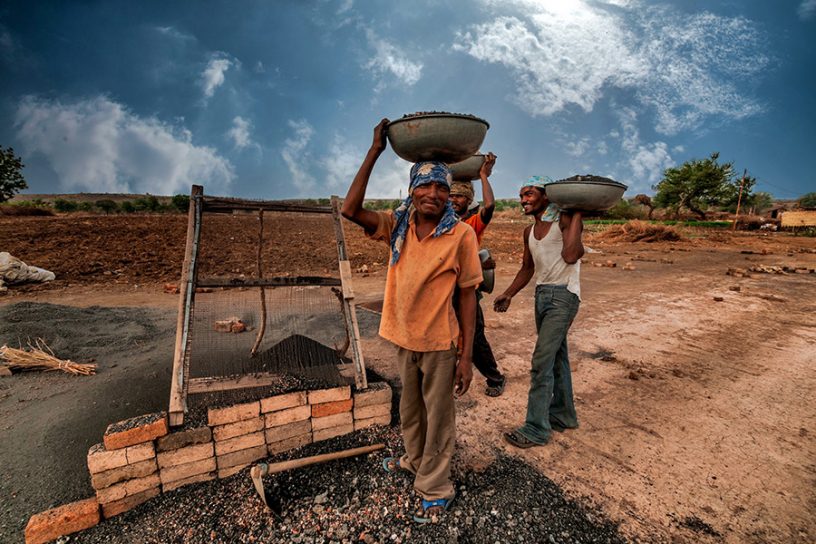
The Indian government did not release the National Sample Survey (NSS) Consumer Expenditure Survey (CES) expenditure for 2017-18. This makes the task of keeping methodological coherence in poverty estimation extremely difficult.
Author
Deepanshu Mohan, Associate Professor of Economics and Director, Centre for New Economics Studies (CNES), Jindal School of Liberal Arts and Humanities, O.P. Jindal Global University, Sonipat, Haryana, India.
Yuvaraj Mandal, Research Analyst with CNES and member of the InfoSphere Team.
Amisha Singh, Research Analyst with CNES and member of the InfoSphere Team.
Nishit Patel, Research Analyst with CNES and member of the InfoSphere Team.
Aditi Desai, Research Analyst with CNES and member of the InfoSphere Team.
Amisha Mittal, Research Analyst with CNES and member of the InfoSphere Team.
Summary
A contested academic debate has surrounded the measurement (and state) of poverty in India in recent years, due to the government’s decision to not release the results of the National Sample Survey’s (NSS) 2017-18 Consumer Expenditure Survey (CES). The lack of credible government data has further created uncertainty, compounded by the absence of NSS data since 2011-12.
Recently, two papers from the International Monetary Fund (IMF) and the World Bank attempted to estimate India’s poverty estimates while giving rise to different conclusions.
The resulting debate, often referred to as the “Great Indian Poverty Debate 2.0,” mirrors a previous discussion on the impact of India’s economic liberalisation in the 1990s (called the Great Indian Poverty Debate 1.0).
There are various studies which have been published on analysing poverty estimates since 2012.
This first essay from our Centre – InfoSphere’s research on poverty assessment in India focuses on two papers and their observations.
The first paper is titled ‘Pandemic, Poverty and Inequality’ authored by Surjit Bhalla, Karan Bhasin, and Arvind Virmani, referred to as BBV. It is a part of the working paper series of the International Monetary Fund published in 2022. The second paper titled ‘Poverty in India Has Declined over the Last Decade But Not As Much As Previously Thought’ authored by Roy and Weide (referred to as RW) is a part of the working paper series of the World Bank published in 2022.
(This essay is the first part of a two-part explainer from the Centre for New Economics Studies (CNES) InfoSphere’s latest edition on poverty assessment in India: a pre-covid and post-covid difference in difference perspective. Review InfoSphere’s work here for more details.)
Published in: The Quint
To read the full article, please click here.


